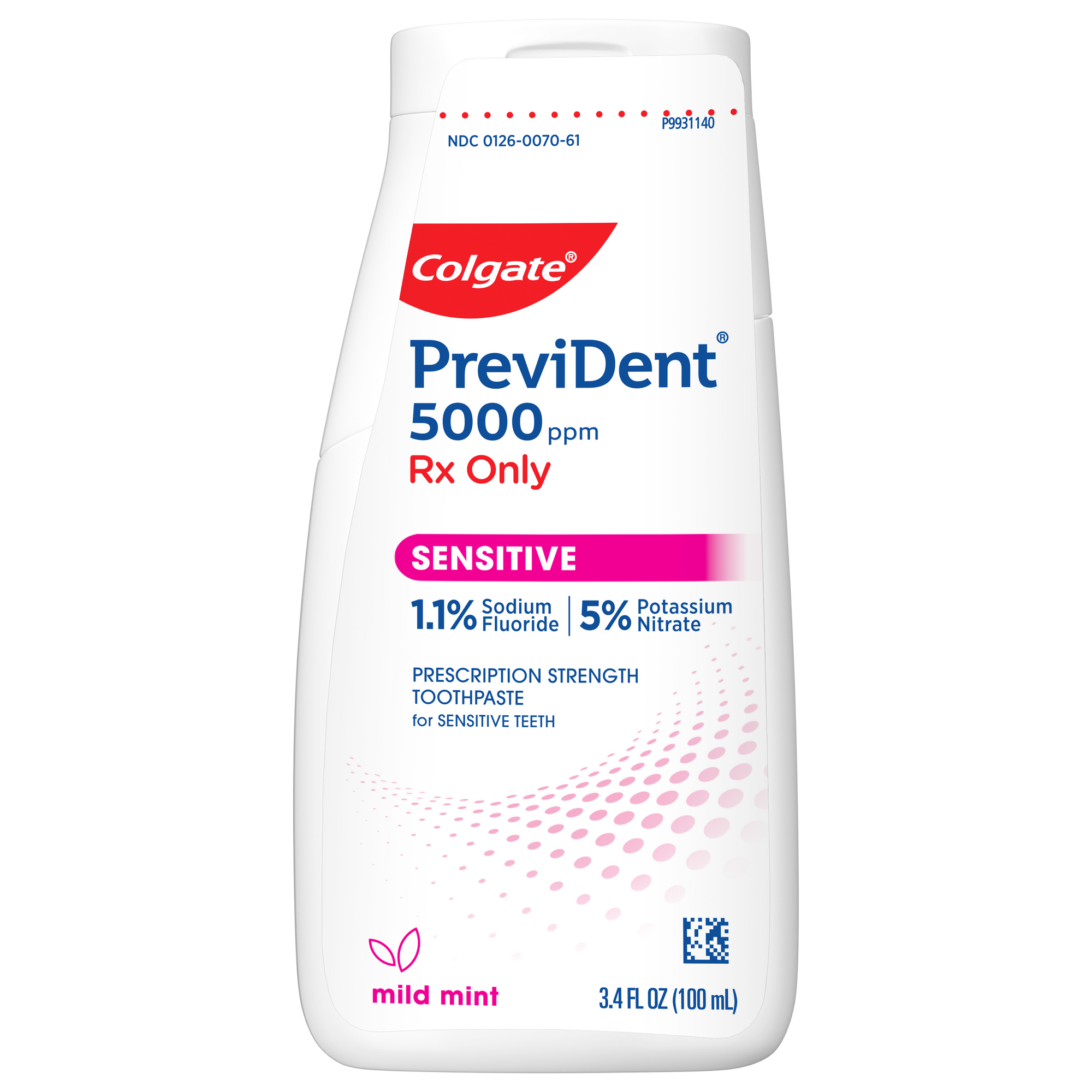Cold Sore Causes
Cold sores (also known as fever blisters) are a common viral infection caused mainly by herpes simplex virus type 1 and, less commonly, the herpes simplex virus type 2. They are highly contagious and are spread through person-to-person contact, such as kissing. They can affect anyone at any age. Some people can have the virus but no symptoms or sores. Other people break out with a blistering painful cold sore. Unfortunately, if you have one cold sore, you’ll more than likely have more. According to the University of Michigan, a cold sore can occur from triggers such as; stress, fatigue, food allergies, sun exposure, hormones, and illness.
Cold Sore Life Cycle
According to Mayo Clinic, there are several stages of a cold sore.
- Tingling and itching around the lips is the first sign you’re getting a cold sore. That lasts for a day or so, followed by a painful spot.
- Blisters that are small and fluid-filled erupt where the painful spot is located.
- Oozing and crusting occurs when the blisters burst. This leaves shallow open sores that crust over.
Mayo Clinic also noted that these sores could last for three or four days, and the blisters can take up to three weeks to heal. If you get cold sores again, they will typically break out in the same spot. The good news, recurring cold sores will be less severe than the first one.
Cold Sore Scabs and Scars
Cold sores are not preventable or curable, but you can speed up the healing process and make sure they don’t leave a scar. Products containing benzocaine can help reduce some of the pain associated with cold sores. You can also take a pain reliever such as ibuprofen or acetaminophen to help reduce swelling and pain. According to Cleveland Clinic, prescribed oral antiviral medications will decrease pain and make your cold sore heal faster. An over the counter antiviral cream can help as well, but not as fast as an oral version.
How do you get the cold sore scab stage to heal faster? Leave it alone. Do not touch or pick at your cold sore. If you pick the scab, it will only make it deeper, leading to a scar. Also, touching it can cause an infection, which will lead to a longer healing time and possible scarring. You may be wondering if you should keep a cold sore scab dry or moist? Well, Cleveland Clinic recommends moisturizing your lip and scab area to keep it from drying out and peeling.
Cold sores happen to the best of us. When you feel one coming on, the wise thing to do is not to irritate it. Use over-the-counter benzocaine products and pain relievers to help with the swelling and pain, or talk to your doctor about a prescription treatment. Try and keep your fingers away from it to reduce the chances of scarring. Cold sores are a nuisance but don’t let them bring you down.
This article is intended to promote understanding of and knowledge about general oral health topics. It is not intended to be a substitute for professional advice, diagnosis or treatment. Always seek the advice of your dentist or other qualified healthcare provider with any questions you may have regarding a medical condition or treatment.
ORAL HEALTH QUIZ
What's behind your smile?
Take our Oral Health assessment to get the most from your oral care routine
ORAL HEALTH QUIZ
What's behind your smile?
Take our Oral Health assessment to get the most from your oral care routine















